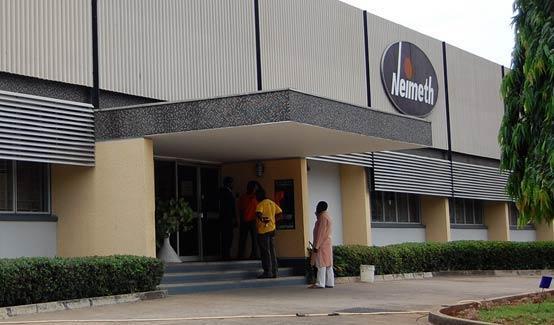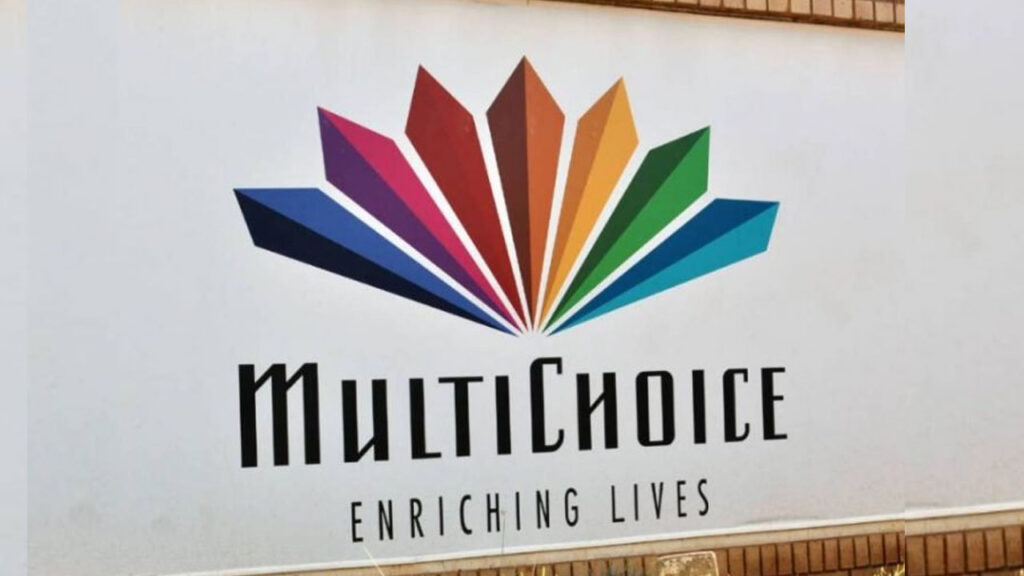
Acting CEO of Baobab Microfinance Bank, Eric Ntumba, in this interview, engages GEOFF IYATSE on how Nigeria can leverage technology to drive national savings and financial inclusion, recapitalisation in the sector among other issues.
Can we increase aggregate savings by liberalising banking?
Yes, I believe so. Technology has always been a catalyst, accelerating processes. A digital savings product can enhance the speed and efficiency of saving, leading to an increase in the overall savings of the country if widely adopted. Savings culture is already a painful thing to imbibe; we cannot encourage people to save with cumbersome processes.
Do you see fintech firms as replacing microfinance banking in Nigeria?
It depends on what you define as fintech. Many fintech companies eventually acquire microfinance banking licences to gain more options. Most fintechs present themselves primarily as payment platforms. However, once they obtain microfinance licences, they can also lend. Thus, they become relevant competition as they are equipped to perform the same regulatory activities we do. Whether we are a fintech depends on the definition. But fundamentally, we are a financial institution that uses technology.
Can microfinance help reduce the cost of savings to encourage more people to save?
Yes, by digitising the savings process, we have removed the cost of physical transactions, making saving more convenient and cost-effective. Although some costs like Internet access remain, we plan to introduce a USSD format for people without smartphones or Internet access to save, extending our product reach to people using feature phones.
With the current economic hardship, do you think people still save?
Yes, people save. The best way to combat inflation is to ensure that money earns interest between receipt and expenditure. Jollof+ applies here, making savings relevant even in tough economic times. While some people may struggle to save, earning interest can help alleviate inflation’s effects.
Are microfinance banks ready to support the current administration’s effort to grow a $1 trillion economy?
It depends on how readiness is defined. Microfinance banks play their legitimate parts at different levels. At Baobab, we are financially sound and supported by a strong shareholder structure making us able to meet the required investments to bring relevant contributions to the national effort.
Is there a need for recapitalisation of the microfinance sector?
Only the regulator can assess and issue guidelines. For now, we comply with current requirements but are prepared to meet any future changes as they arise. Our portfolio quality has not deteriorated with the portfolio at risk below three per cent, better than the industry average. We aim to ensure our customers continue to manage their debts effectively.
The main challenge is pushing the limit of financial inclusion. Many people remain unserved or underserved. We must be relevant to them through our product offerings and outreach. Digital solutions, including USSD, can help overcome barriers and boost sector outreach.
What prompted your bank to launch new savings products?
It is a best-in-class digital savings app designed to provide more convenience to our customers, allowing them to save from the comfort of their own homes, businesses, or offices. This initiative is part of Baobab’s transformative efforts, as we believe banking should no longer be a place you go to whenever you need to. The goal is to empower our customers to become their bankers, managing their savings and investments independently.
Also, digitisation enables us to extend our outreach far beyond the structural limits of physical branches, helping us reach more people, tap into new segments, and serve our existing customers better. This is the key rationale behind the launch of Jollof.
The main driver of the application is to push for convenient savings. Saving is inherently an effort; you choose to defer an expense. Adding further effort, like traveling to a branch, can complicate this process. By removing these peripheral barriers – transport, branch location, and opening hours – we make saving simpler. Customers can fund their Jollof+ wallet and choose the best investment or savings option that fits their needs. This convenience increases the likelihood of higher savings volumes.
Each option on the app has specific features and benefits JollofLock, Baby Box, Ajo+ and Jollof Flex. JollofLock is primarily for long-term savings, this time deposit product offers interest upfront for a predefined period. You can top up the initial amount during the term. Baby Box is designed to save for children’s future needs. You can start saving even before the baby is born and save for as many children as desired.
Ajo is another product that can be used for individual or collective savings, suitable for individuals or groups with specific saving targets. JollofFlex ensures that even the balance in your wallet earns interest, providing flexibility before deciding on a specific investment or savings option.
No, even non-Baobab customers can use Jollof+. The account can be funded using a debit card from any bank.
How competitive are your interest rates?
We believe we transparently offer the best interest rate – up to 21.6 per cent net on the app. The product offers convenience, options for targeted savings, and good savings habits, especially for the tech-savvy youth. The interest earned can help combat inflation, making it a valuable tool for financial management for all.













